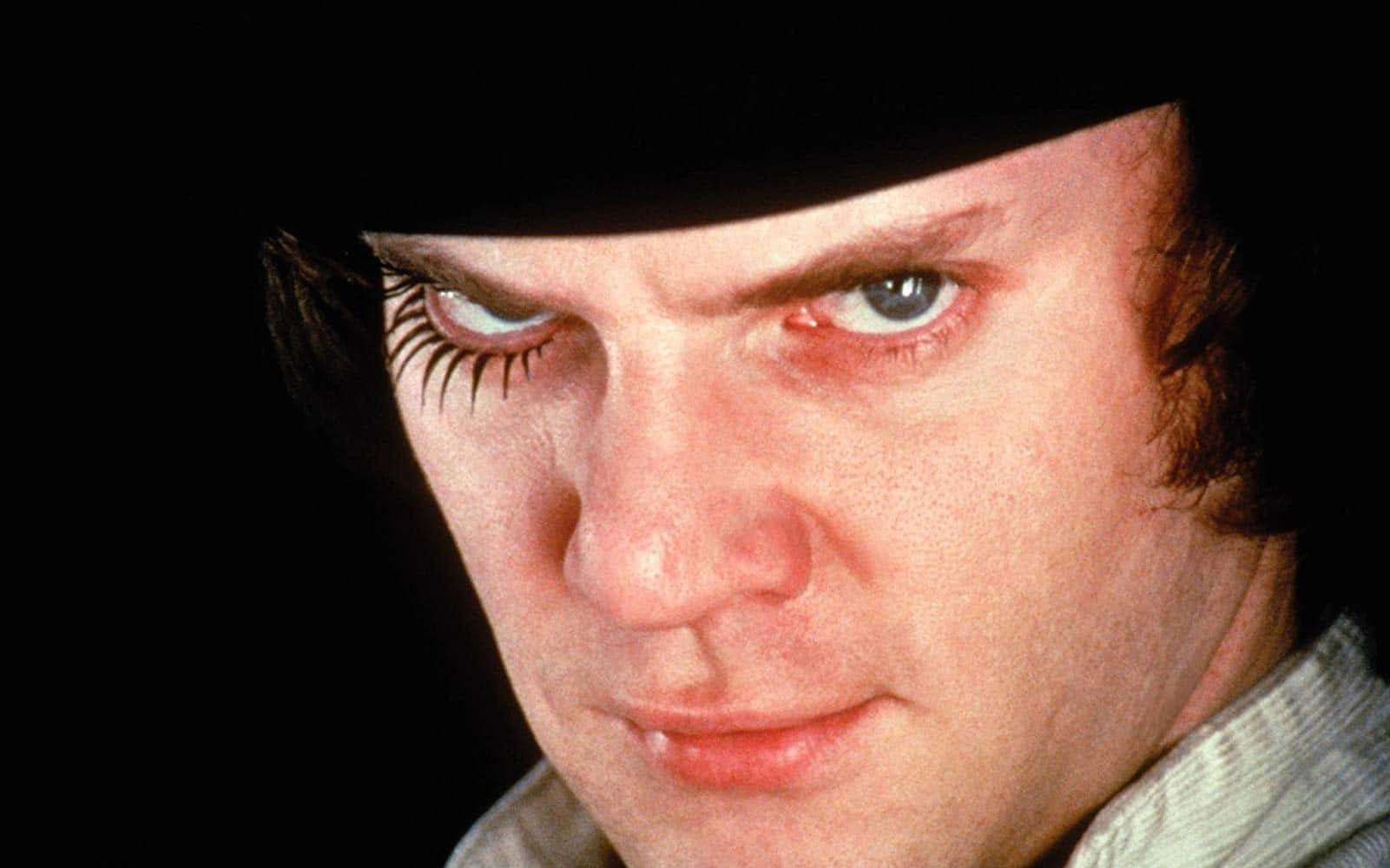Author: Will Turner
Once upon a time, Yusuf Islam, the artist formerly known as Cat Stevens, sang “If you want to be free, be free.” This is perhaps one of the most existentialist things ever said, in that the onus for the creation of one’s being is placed on the being itself due to the fact that one’s essence proceeds from their existence. If one desires freedom, one must only make the most of their innate free will to make choices which bring them closer to the freedom they desire. If one decides that their existential purpose is to live a free life, they may use this as a moral compass to living a better life, making choices based upon the moral value of freedom. Moral values, due to their nature of guiding, but not deciding, action through choices, can only exist if freedom does, as good and bad can only exist in opposition to each other, and without the ability to do evil, one cannot truly be good.
An excellent example of great art which illustrates this point is A Clockwork Orange. At the beginning of the movie, Alex is an extremely bad person, personifying all that is evil in the world. However, his ability to do evil is stripped from him during the course of the movie, and although his actions are good, he is not as he is incapable of choosing not to do evil. Because of this stripping of freedom, Alex is not only barred from proving his goodness, but even his humanity.
Thus, I submit that freedom, given its ability to allow for the existence of moral values, should be one’s highest moral value, the value which one seeks to maximize above all others. After all, one cannot even have the conversation of what one’s highest moral value should be unless one has the option of considering and even believing that other moral values are more important.
Now, what other values help to maximize freedom? I would suggest that the next three most important values for the maximization of freedom are love, knowledge, and beauty. At its core, love is a deep respect for another person’s dignity, a respect for this dignity as equally or more important that one’s own dignity. Dignity is something which all people are entitled to due to their humanity, something which, as informed by A Clockwork Orange, itself proceeds from freedom. Thus, to love someone is to respect their free will.
As a brief aside, love in music came across as corny to me for a long time. I often felt that music about love was very cliched. However, I recently began a romantic relationship which changed all of that. Albums like Dream Your Life Away by Vance Joy and In Between Dreams by Jack Johnson now hold a very near and dear place in my heart, all do to an abundance of love and overall net increase in goodness which changed my perception of these albums.
Knowledge, on the other hand, maximizes freedom in a much different way. The only way to be truly free is to take complete responsibility for the actions one takes based upon their free will. If one feels blindsided by the results of their actions, they are less likely to take responsibility for their actions and their consequences, and thus less likely to take advantage of their free will of the future. In order to counter this, one must be as knowledgeable about the results of their actions as possible in order to maximize one’s own freedom.
Beauty, however, is a completely different ordeal. Beauty is one of, if not the most, subjective things one could ever talk about. Everyone has different standards of beauty and different things they find beautiful, and that is what makes beauty such a freeing concept. One has no moral obligation to justify why one finds something beautiful, as others have completely different standards. Because of this, one may exert their will upon the world through making things that are beautiful to them, exerting their standards of beauty upon the world and not needing to take into account the standards of others as they are wildly different anyway.
It is through this justification of beauty that music becomes a moral good and why I personally am so invested in music. I know that music is not everyone’s medium of choice, and that the music I listen to is not the music that everyone else listens to. That, however, is the important part about music, that everyone’s life experiences build up their musical taste to be something different, and that there exists music to speak to each person’s experiences and taste. It is a moral good to engage with the art which one finds most beautiful, as this art will be the most freeing, and the more beautiful the art is, the better it is, morally, to engage with it. Long story short, engage with as much art as possible, find the art that you like, and continue to engage with that art for as long as you find it beautiful.
Will Turner | Philosophy in Music | KXSU Music Reporter

